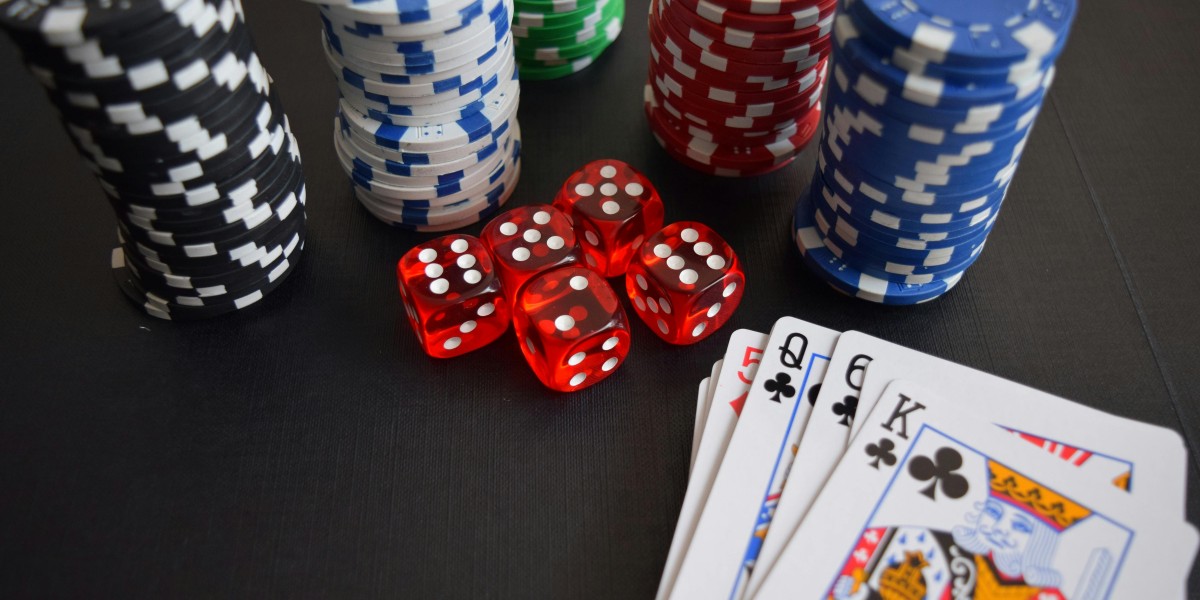For many, gambling is simply a way to relax and have a good time. The bright lights of a casino, the competitive nature of poker, or the quick thrill of an online slot game can be very appealing. The excitement comes from the uncertainty of the outcome—sometimes you win, sometimes you lose. The key is to view gambling as entertainment, not a way to make money. Just like you wouldn’t expect to make a profit from going to the movies or attending a concert, you shouldn’t expect to win every time you gamble.
One of the most important steps in gambling responsibly is setting a budget. Before you start playing, decide how much money you’re willing to spend. This should be an amount you can afford to lose, not money meant for rent, bills, or necessities. Treat your gambling budget like you would a night out—it’s the cost of having fun, not an investment. Once you reach your limit, stop playing. Don’t chase your losses by spending more than you planned, as this can quickly lead to financial stress.
Time management is just as important as money management. It’s easy to lose track of time when you’re caught up in the excitement of a game. Set a timer or a schedule for how long you’ll gamble and stick to it. Taking regular breaks can help you stay aware of how much time you’ve spent and give your mind a chance to reset. Responsible gambling means making sure it doesn’t interfere with your daily responsibilities, relationships, or personal well-being.
Understanding the games you’re playing is also a smart move. Whether you’re playing blackjack, roulette, or using an online betting app, take time to learn the rules, odds, and strategies. The more informed you are, the better your chances of making smart decisions. However, remember that no strategy guarantees a win—gambling is always based on chance. Even skilled players can lose, so avoid falling into the trap of thinking you’ve found a sure-fire system to beat the house.
Another helpful tip is to avoid gambling when you’re feeling upset, stressed, or under the influence of alcohol or drugs. Emotions and substances can cloud your judgment and lead to poor decisions. Gambling should be a choice made with a clear and focused mind. If you ever feel like you’re gambling out of boredom, loneliness, or to escape problems, it may be time to reassess your relationship with gambling.
It’s also a good idea to keep track of your gambling habits. Some people find it helpful to write down how much time and money they spend on gambling each kilau4d week. This can give you a clear picture of your behavior and help you stay within healthy limits. Many gambling websites and apps now offer tools to set deposit limits, loss limits, or time reminders, making it easier to stay in control.
If gambling ever stops being fun and starts feeling like a burden, it’s important to seek help. There are many support organizations and resources available for people struggling with gambling-related issues. Talking to a trusted friend, counselor, or support group can make a big difference. You’re not alone, and there’s no shame in reaching out for support.
In many countries, efforts are being made to promote responsible gambling through education, regulation, and tools that help players stay safe. Casinos and online platforms are increasingly required to offer features that support safer gambling, such as self-exclusion options and reality checks. Governments and communities are also working to ensure that gambling remains a fair and controlled form of entertainment.
In conclusion, gambling can be an enjoyable way to have fun, unwind, and even socialize with others. But like any form of entertainment, it needs to be approached with care. By setting limits, understanding the games, managing your time, and staying aware of your emotions, you can enjoy gambling in a way that is both smart and safe. Remember, the goal is entertainment—not profit. When you play responsibly, gambling can stay what it’s meant to be: a fun, exciting experience.








